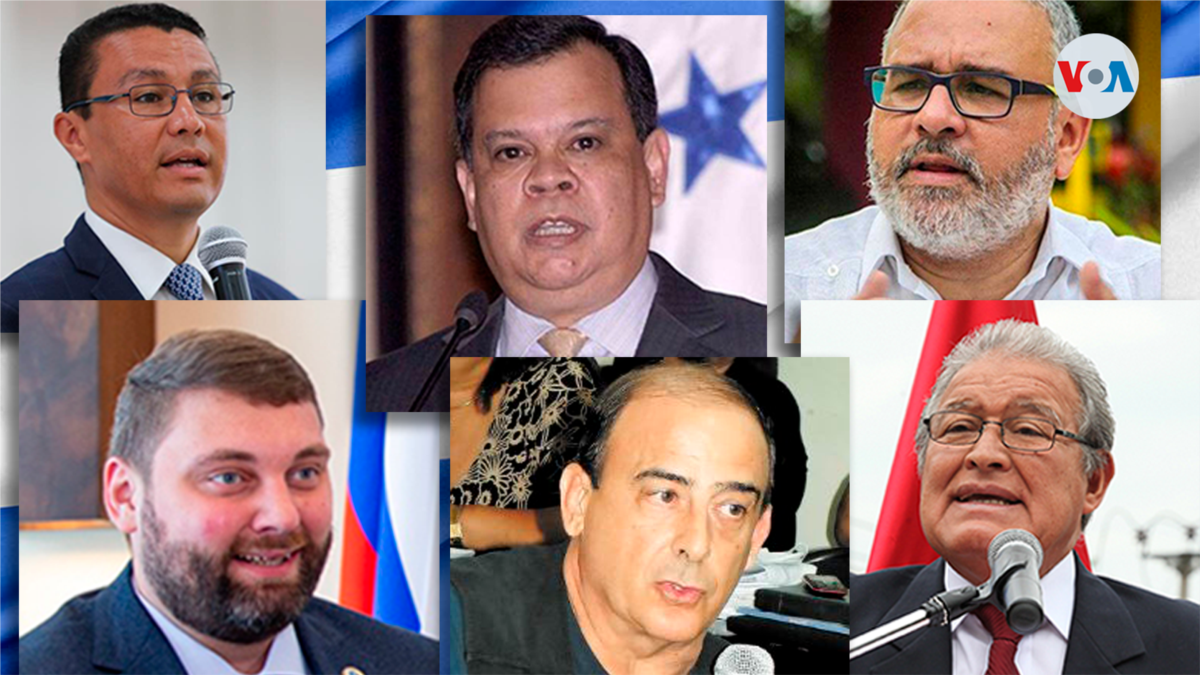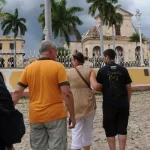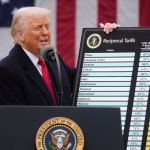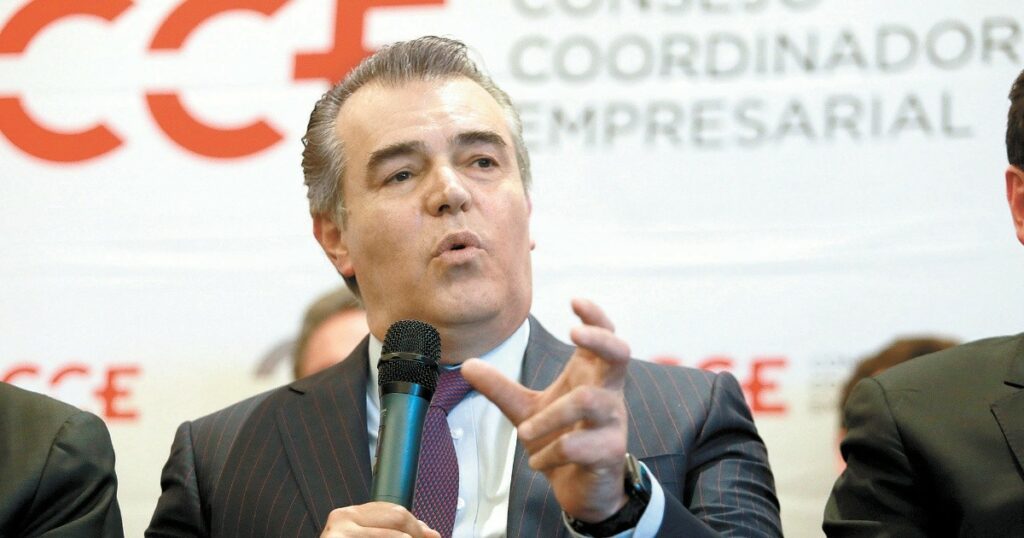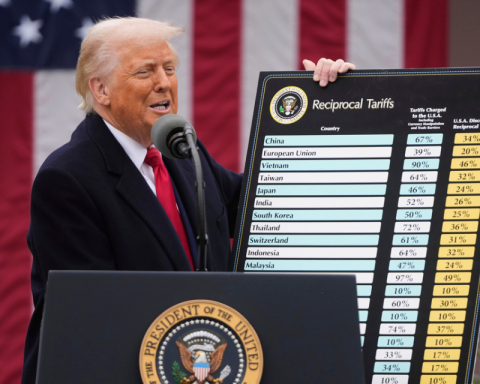After the government of President Daniel Ortega recently canceled the Nicaraguan nationality of more than 300 opponents, analysts and critics of his management question a contrary measure, which has allowed foreigners to become naturalized in Nicaragua.
Critics say that they have received the benefit “fugitives from justice” classified as “criminals”, some of them for accusations of acts of corruption, as is the case of former Salvadoran presidents Mauricio Funes and Salvador Sánchez Cerén.
The Constitution establishes in article 43 that “Nicaraguans may not be extradited from the national territory”, so that both ex-presidents, Nicaraguan nationals, are protected from possible extradition.
The Ortega government ensures that these people have complied with the regulations and laws to receive citizenship. But a good part of the Nicaraguan opposition believes that Ortega is using the right to nationality as a reward or punishment.”
The expatriate Nicaraguan opponent, Héctor Mairena, from the Unamos group and accused of “treason against the homeland”, said on the subject that “Ortega acts totally contrary to national interests.”
“While giving nationality to people accused of corruption in their respective countries and protecting terrorists, [a los nicaragüenses opositores] strips us of our nationality.”
As for the Ortega government’s decision to accuse them of “traitors to the country” and confiscate their property, Mairena adds: “It is clearly and simply robbery.”
Among the more than 300 Nicaraguan opponents whose nationality was canceled by the Ortega government, there are journalists, former diplomats, former presidential hopefuls, university students, and peasant leaders.
The action has had direct consequences on its critics, the experts explain, alluding to the fact that expatriates have no right to pensions, nor to their professional titles, nor to remain in the country’s civil registry.
“The implications of this are enormous. It means, for example, that many boys and girls are left without registered fathers and without registered mothers. Many properties are left in limbo and, furthermore, these people, who fortunately are outside the country, are also left in an extremely complicated situation and have no way of identifying themselves abroad,” said expatriate activist Ana Quiroz.
Foreigners benefited in Nicaragua with the nationality
In addition to the two former Salvadoran presidents sheltered in Managua, two former officials who worked for former Honduran president Juan Orlando Hernández are also in the country.
They are Ebal Díaz, former private secretary of the Honduran presidency who is accused of acts of corruption by the current government of Xiomara Castro, and Ricardo Leonel Cardona, former minister of the Presidency.
The current former Vice Foreign Minister of Honduras, Antonio García, told the voice of america that although they respected Managua’s action towards these two people, “they deserve to face national or international justice.”
“They (those nationalized) deserve to face national justice… but by having embraced Nicaraguan nationality, they have been vaccinated against a possible extradition request,” García added.
Ortega has also nationalized Russian scientists who work at the Managua vaccine manufacturing plant called Mechnikov. Those welcomed are Anatoly Eduardovich, deputy director of Vaccine and Serum Development, and Elena Kazakova, director of Human Resources.
According to the Nicaraguan Nationality Law, Foreigners may be naturalized, after renouncing their nationality, by applying to the competent authority, as long as they meet the following requirements:
a) Evidence of residence in the country for four continuous years, from the date of obtaining the permanent residence card;
b) Have an honest livelihood;
c) Evidence of good conduct and no criminal record;
d) Possess sufficient knowledge of the Spanish language, geography, history and the political and social organization of the country, through a certificate of education authority.
Apparently paradoxical behaviors
According to Napoleón Campos, a Salvadoran specialist in International Relations, told the VOA that Central America is experiencing what it classifies as “a moment of infamy,” where “these apparently paradoxical behaviors proliferate, as in Nicaragua.”
Campos says that there are “tyrannical projects” in the Central American region that are linked to the international crisis caused by Russia’s invasion of Ukraine.
“Little regional vision”
In this context, few Central American countries have reacted to the political crisis that Nicaragua is going through, indicates the Costa Rican professor and analyst Carlos Sandoval García, who attributes it to the fact that “there is little regional vision.” In addition, in his opinion, the foreign policy of the Central American nations has a very provincial look”.
The expert affirms that it is a mistake, since “the political stability of the region is a very important factor in matters of economic reactivation, foreign investment.”
“With a Central America at peace, we all win. It seems to me that the one who could have a greater regional and foreign policy vision would be the government of Costa Rica, but we are in a frankly obscurantist phase”, underlines the analyst who laments the lack of positive leadership with a regional scope, as occurred at the end of the 1980s and 1990s, which led to peace pacts.
“There was a political solution to the military conflicts, especially in El Salvador, in Guatemala and, to a certain extent, also in Honduras. Today we do not have that generation of people who try to see beyond the differences and say, “here we need a regional perspective” and, rather, what we are finding is a growing deterioration of the conditions of life and of the politics of Central America ”, he concludes.
Connect with the Voice of America! Subscribe to our channel Youtube and activate notifications, or follow us on social networks: Facebook, Twitter and Instagram.
